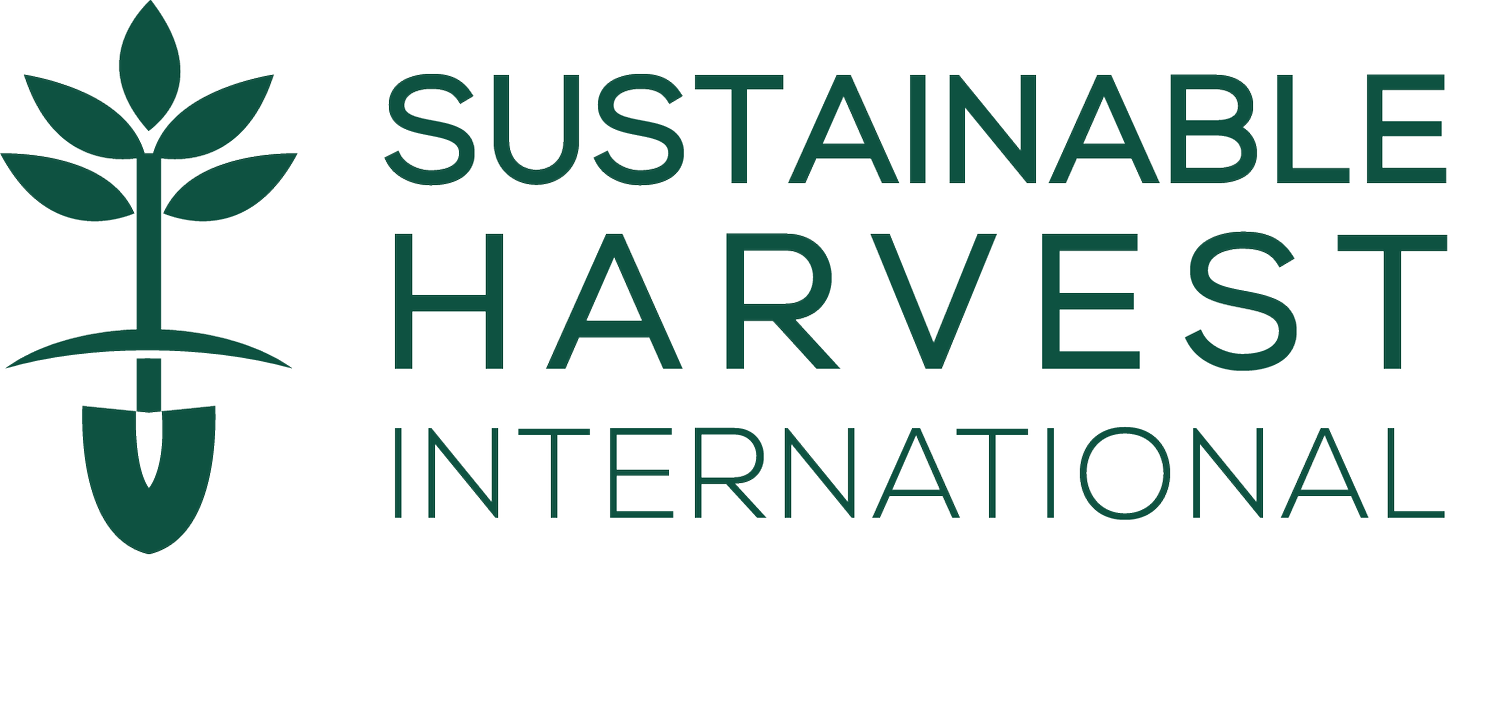Sugarcane fields in northern Belize
In July 2022, Sustainable Harvest International (SHI) Belize launched Scaling Positive Agriculture (SPA), a new project that forges cross-sector alliances to promote biodiverse agroforestry systems in the northern districts of Belize, with funding from a generous SHI donor.
The expansion of chemical-dependent sugarcane in Belize is accelerating alarming rates of deforestation and exacerbating the effects of climate change on rural communities. Belize today is ranked as one of the most disaster-prone countries in the world.
SPA addresses these formidable challenges, equipping smallholder farmers with the tools and training they need to improve the economic and climate resilience of their communities. Through partnerships and alliances, SPA can train a significant segment of Belize’s farming population as they adopt climate-friendly farming practices that provide a viable alternative to conventional agriculture.
A Scaling Positive Agriculture (SPA) regenerative agriculture workshop in the district of Corozal with the Concepción Vegetable Farmers Association.
Since its inception, SPA has already reached 483 farmers in 8 communities in the northern districts of Belize, Cayo, Corozal, and Orange Walk, working in partnership with 4 organizations and governmental agencies.
The Scaling Positive Agriculture project is a part of SHI’s ambitious Million Farm Transformation.
The Power of Partnership
SPA leverages alliances with government ministries and other implementing organizations to expand farmers’ access to SHI technical training in sustainable farming practices. This project builds on SHI’s 25 years of experience as a local implementing organization with a trusted and time-tested farmer training model.
In July 2022, SHI-Belize formalized its first partnership with Belize’s Pesticide Control Board (PCB) in a memorandum of agreement outlining a 3-year technical partnership. As the government agency responsible for regulating the use of pesticides, PCB has a vested interest in promoting alternatives to agrochemicals, making PCB and SHI-Belize natural allies.
Miriam Ochaeta Serrut of Belize’s Pesticide Control Board (PCB) and SHI-Belize Country Director Leonardo Pech sign a memorandum of agreement in July 2022.
The SHI-PCB technical partnership provides trainings in regenerative agriculture to the members of four farmer groups, namely the Concepción Vegetable Farmers Cooperative in Corozal, Los Pequeños Agricultores y Ganaderos of Nagu Bank in Belize, the Trio Pineapple farmers in Toledo, and the Valley of Peace Lagoon Farmers Cooperative in Cayo.
Since July, SHI-Belize has so far partnered with a total of four organizations. Each of the SPA partnerships are unique, leveraging the partnering organizations’ particular resources and skills to further shared goals. A partnership with the Sugar Industry Research + Development Institute (SIRDI/PSCPA), for example, will allow SHI to reach farmers engaged in conventional sugarcane production, and a partnership with the Ministry of Agriculture, Food Security and Enterprise (MAFSE) will promote efforts to identify markets for crops harvested in agroforestry systems.
SPA is led by SHI-Belize Country Director Leonardo Pech, who believes deeply in the power of alliances to address the multi-faceted challenges that climate change poses for small-scale farmers.
“Through alliances, we can have a significant impact on the lives of small-scale Belizean farming families,” Pech says. “We’re supporting these families in the transition to a diversified income with the use of technologies that can help mitigate the effects of climate change.
SHI-Belize Program + Partnerships Coordinator Indira Patt during a training workshop on M5, an organic fertilizer.
Pech is joined by SHI-Belize Program + Partnerships Coordinator Indira Patt who coordinates the project and leads all related farmer training workshops. Patt is an agricultural engineer with extensive experience as a field trainer, having served with SHI-Belize since 2019 and SIRDI prior to.
Like Pech, Patt believes that climate resilience and improved farmer livelihoods are two sides of the same coin.
Biodiverse agroforestry systems reforest the land and improve the microbial activity of the soil, restoring land and ensuring its productivity for years to come. But they also create diversified income streams for farmers. When one crop fails due to extreme weather or an insect plague, it’s not a catastrophic loss. A diversified agroforestry system creates security and resilience in an increasingly unpredictable climate.
SPA farmer training workshop on Bokashi for the Pequeños Agricultores y Ganaderos of Nagu Bank in the district of Belize.
For Patt, it’s really quite simple. “We can improve the livelihoods of more families by implementing environmentally-friendly production,” Patt concludes.
Pech and Patt will lead the SPA project through 2024, building the necessary collective alliances across northern Belize to promote the widespread adoption of biodiverse agroforestry systems. Together, their goal is to increase the climate and economic resilience of 600 smallholder farmers and their families, and they’re well along their way.
Learn more about SPA by downloading the project fact sheet here.








